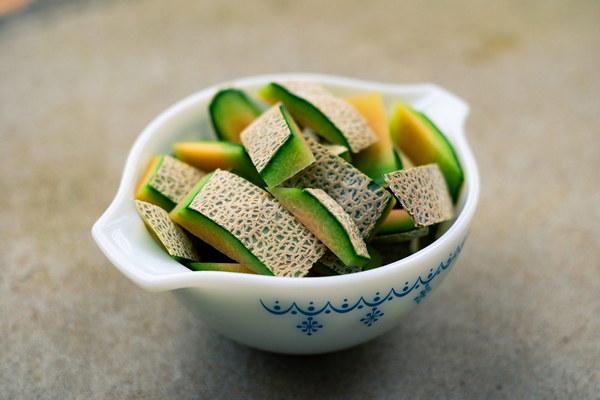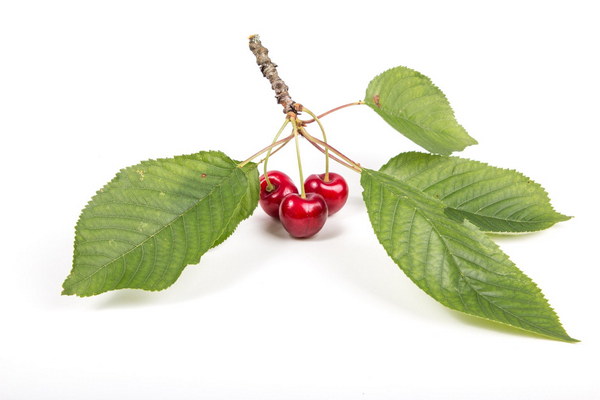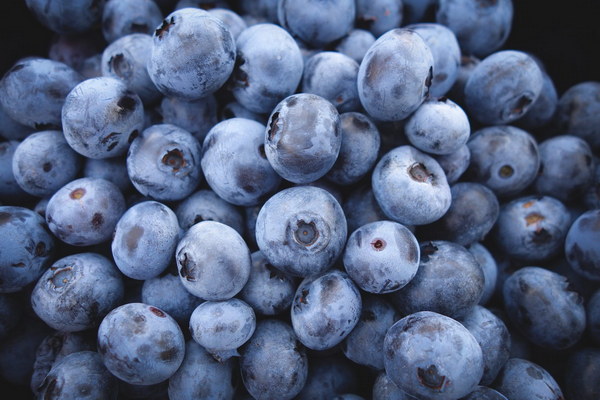Maximizing Winter Wellness The Best Practices for Winter Nourishment During the Start of Winter
As the world transitions into the chill of winter, the ancient Chinese practice of li dong, or the Start of Winter, marks a time when the body is believed to be most susceptible to cold and flu. This seasonal shift is the perfect opportunity to focus on nourishing your body with the right foods and habits. Here's a guide to how you can best supplement your diet to thrive during the coldest months.
Understanding the Start of Winter
The Start of Winter, or Li Dong, is the 23rd solar term in the Chinese lunar calendar. It typically falls between November 7th and 8th each year. During this time, the days grow shorter and the temperatures plummet, signaling a shift in the body's internal energy. It's believed that this is when the body's defenses can become weakened, making it more vulnerable to illness.
The Principle of Warming Up

In traditional Chinese medicine, the principle of warming up is central to maintaining health during the winter months. This involves focusing on foods and activities that help to boost the body's yang energy, which is associated with warmth and vitality.
Foods to Include in Your Diet
1. Root Vegetables: Root vegetables like carrots, beets, sweet potatoes, and radishes are rich in nutrients and are known for their warming properties. They provide the body with the energy it needs to combat the cold weather.
2. Nuts and Seeds: Almonds, walnuts, chia seeds, and flaxseeds are excellent sources of omega-3 fatty acids, protein, and vitamins that can help to strengthen the immune system.
3. Ginger: This versatile root is well-known for its warming qualities. It can be added to teas, soups, or stir-fries to aid digestion and boost the immune system.
4. Chicken and Fish: These are considered warming proteins and can be consumed regularly to support the body's energy levels.
5. Herbs and Spices: Herbs like cinnamon, cloves, and star anise are not only flavorful but also have warming properties. Spices like black pepper can also help to stimulate digestion and circulation.
Healthy Habits for Winter Wellness
1. Stay Hydrated: Drink plenty of warm fluids, such as herbal teas, broths, or warm water with lemon, to stay hydrated and support your immune system.
2. Regular Exercise: While the cold weather may discourage outdoor activities, it's important to maintain an active lifestyle. Engage in moderate exercise, such as walking, yoga, or swimming, to keep the body warm and promote circulation.
3. Adequate Sleep: Ensure you're getting enough sleep to help your body recover and rejuvenate. The colder months can disrupt sleep patterns, so establish a regular bedtime routine.
4. Mindfulness and Stress Management: Practice mindfulness or meditation to reduce stress, which can weaken the immune system. Activities like tai chi or qi gong can also be beneficial.
Conclusion
As the Start of Winter approaches, embracing the wisdom of traditional practices can help you navigate the season with vitality. By incorporating warming foods, staying hydrated, exercising regularly, and managing stress, you can bolster your immune system and enjoy a healthy winter. Remember, the key to winter nourishment is balance and moderation, ensuring that your body is well-prepared to face the cold and flu season ahead.









